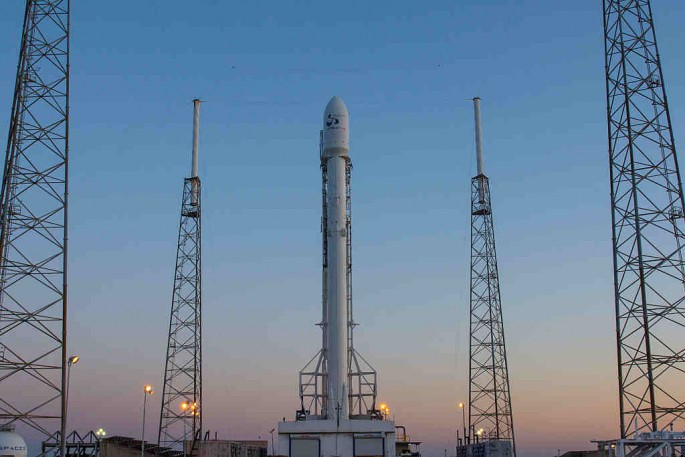After being grounded for months following the unfortunate explosion of one of its Falcon 9 rockets in Cape Canaveral, Florida last September, SpaceX is getting back on track bringing Iridium satellites into orbit from the Vandenberg Air Force Base in California.
The Wall Street Journal that the Falcon 9 mishap back in September took with it a multi-million-dollar Facebook satellite from which SpaceX suffered a $250 million loss.
Surprisingly, despite this massive loss, the space company's chief financial officer (CFO), Brett Johnson told the Journal that SpaceX has zero debts, has a billion dollars cash-on-hand and another $10 billion in contracts.
Iridium alone is spending $3 billion on its satellite upgrade, according to Spaceflight Now. Falcon 9 will carry in this launch the first 10 of the 81-next-generation communications satellite network for Iridium that needs to be placed in orbit.
This launch, intended to happen earlier was pushed back because of the September 1 explosion that also destroyed Amos-6 an Israeli-owned communications satellite and severely damaged SpaceX's launch site in Cape Canaveral's Complex 40. The historic Florida spaceport has not seen such devastation since the beginning of the space age.
While the the Federal Aviation Administration (FAA) have yet to disclose the results of their investigation, SpaceX founder and CEO Elon Musk told CNBC last year that investigators believe that the explosion may have been caused by filling the rocket's second stage with the super cold liquid oxygen which could have frozen and later on caused a high-pressure helium tank to burst.
Finally, apart from is from its contracts, the Journal revealed the company's ambitious plans: income from residual service, specifically from providing internet services that will pit SpaceX right at Google's parent company, Alphabet which also happens to be an investor to SpaceX.
Google and Alphabet have long been looking into non-traditional way of providing internet service using balloons, drones, and a 5G high-speed internet alternative.
By 2018, Musk hopes to bring this service to some 40 million subscribers that could potentially earn the company a revenue of $30 billion. At the moment it doesn't align with Musk's plan to send manned mission to Mars and by 2020, eventually colonize it.



























